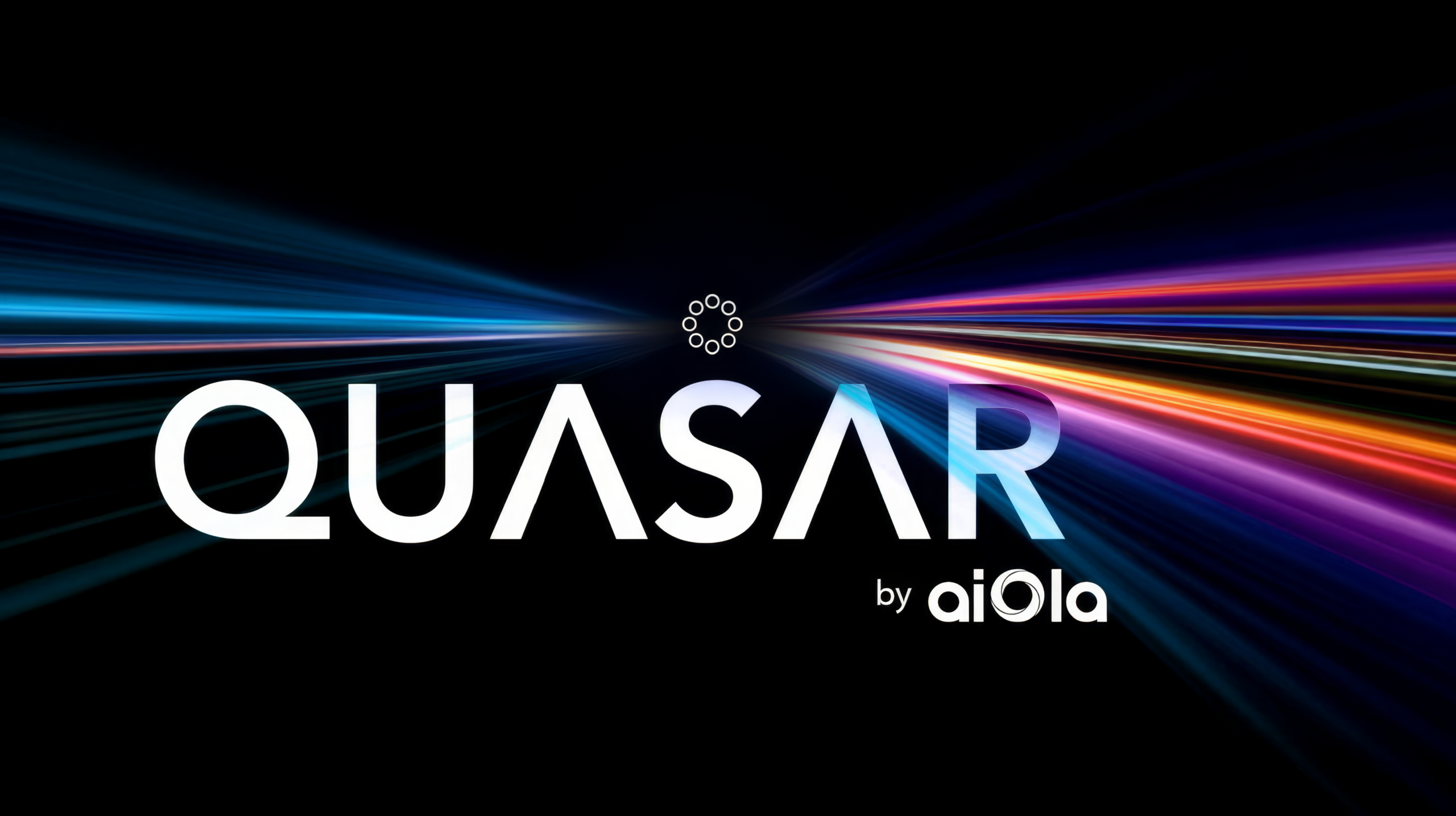Voice-based technologies are becoming integral in many industries, from healthcare and customer service to finance and education. Automatic Speech Recognition (ASR) tools, in particular, are revolutionizing how businesses operate, enabling faster workflows, enhanced collaboration, and greater productivity. However, with the rapid adoption of ASR comes the growing concern around data privacy and security.
This article will delve into the importance of safeguarding user data privacy in ASR systems and how aiOla’s innovative Whisper-NER model addresses these challenges by offering unprecedented privacy protection during the transcription process.

What Is Automatic Speech Recognition?
Automatic Speech Recognition (ASR) is a technology that converts spoken language into written text. It uses algorithms and machine learning models to analyze and process audio inputs, recognizing patterns in speech and translating them into accurate transcriptions.
ASR systems are used in various applications, including voice assistants, transcription services, and customer service automation. By enabling computers to understand and interpret human speech, ASR improves efficiency, enhances accessibility, and reduces the need for manual data entry. The technology continues to evolve, offering increased accuracy, real-time processing, and the ability to handle diverse accents and languages.
What Industries Use ASR?
A variety of industries use Automatic Speech Recognition (ASR) technology to enhance efficiency and streamline operations, such as:
- Healthcare: Transcribes medical dictations, reducing the administrative workload for doctors and improving accuracy in patient records.
- Customer Service: Powers voice assistants, chatbots, and interactive voice response (IVR) systems, automating customer interactions and enhancing engagement.
- Finance: Helps transcribe calls for compliance, customer service optimization, and analyzing interactions to identify trends or potential issues.
- Education: Enables real-time transcription, assists students with disabilities, and enhances e-learning by making content more accessible.
- Media and Entertainment: Helps with subtitling, transcribing interviews, and improving accessibility for audiences through voice-to-text services.
- Legal: Transcribes court hearings, depositions, and client communications, streamlining legal processes.
- Automotive: Allows for hands-free voice commands, improving safety and user experience in modern vehicles.
- Retail: Powers voice-driven search, customer support, and enhancing shopping experiences, making it easier for customers to interact with brands.
ASR’s adaptability across industries continues to grow as technology advances.
The Importance of Data Privacy in ASR
Data privacy in ASR must become a top priority as businesses continue to embrace ASR technologies. The power of speech AI lies in its ability to transcribe spoken language into written text, enabling faster communication and more efficient processes. However, this also means that ASR systems may capture a vast amount of sensitive information, including names, addresses, medical histories, financial details, and more. Ensuring that this data is protected through secure speech recognition is crucial to maintaining trust and compliance with legal and ethical standards.

The Problem: Data Privacy and Security in ASR
Let’s explore some of the major data privacy and security concerns in ASR:
Sensitive Nature of Legal and Healthcare Data
Industries such as healthcare and legal services often deal with highly sensitive data. For instance, a healthcare worker may transcribe patient information, including personal identifiers and medical conditions. If these details are captured and stored inappropriately, it creates a significant risk of data breaches; and these breaches do happen. The potential for misuse is high, and ensuring privacy is paramount to avoid compromising patients’ confidentiality.
Risks of Cloud-Based ASR Solutions
Many ASR solutions rely on cloud-based storage, raising concerns about data security. While cloud computing offers scalability and convenience, it also exposes data to potential vulnerabilities. If sensitive information is not adequately protected, it can be intercepted, hacked, or accessed by unauthorized parties.
Regulatory and Compliance Challenges
Businesses in regulated industries, such as healthcare and finance, must comply with strict regulations such as HIPAA or GDPR. Any failure to protect data during the transcription process can lead to severe legal and financial consequences. ASR providers must ensure that their systems meet these compliance standards, particularly in handling sensitive information.
Potential for Data Misuse and Surveillance
The widespread use of ASR technologies increases the risk of misuse and surveillance. While many users may not be aware, speech data can potentially be exploited for unauthorized purposes, from marketing to surveillance, putting both individuals and businesses at risk.
aiOla’s Solution: The Whisper-NER Model
aiOla has developed an innovative solution to address these critical data privacy in ASR concerns—Whisper-NER. This secure speech recognition model enhances privacy by integrating built-in named entity recognition (NER) directly into the transcription process.
Here’s how it works:
- Real-Time Detection and Masking: Whisper-NER automatically detects and masks sensitive information during transcription, ensuring that personal data is never stored—temporarily or permanently. This unique feature guarantees that no identifiable information, such as names, addresses, or financial details, is retained.
- Enterprise-Grade Data Privacy: With its advanced security capabilities, Whisper-NER provides enterprise-grade data privacy. This level of protection ensures that businesses can use ASR technology while complying with strict privacy regulations and keeping customer data safe from unauthorized access.
- Enhanced Privacy During Transcription: Unlike traditional ASR systems that may store sensitive data after transcription, Whisper-NER takes an extra step by eliminating the possibility of data exposure right from the moment the audio is processed.
By using Whisper-NER, businesses no longer need to worry about sensitive data being stored or exposed during the transcription process. The model allows them to focus on efficiency and productivity, knowing that privacy is inherently built into the system.
Key Takeaways on Data Privacy in ASR
Data privacy in ASR is a critical concern for businesses adopting these technologies, especially when dealing with sensitive information. aiOla’s Whisper-NER model addresses this issue by offering a secure, efficient, and ethical solution to protect sensitive data during transcription.
By ensuring that personal information is detected and masked in real time, businesses can benefit from speech AI without compromising on privacy or compliance. The Whisper-NER model represents a breakthrough in AI technology, making it a trusted choice for businesses looking to safeguard their data while leveraging the power of speech recognition.
Want to learn more about this and other aiOla-powered solutions? Book a demo here.













